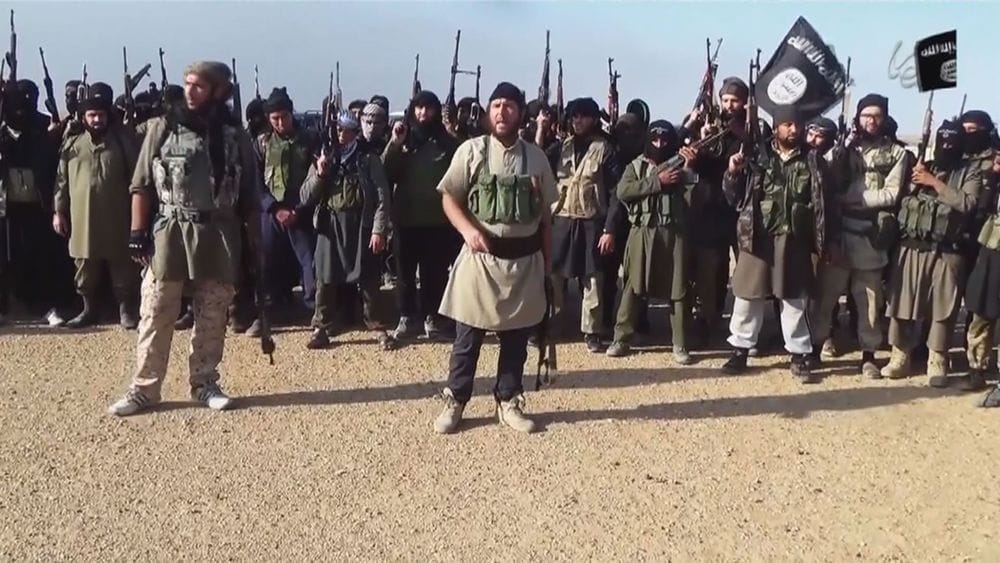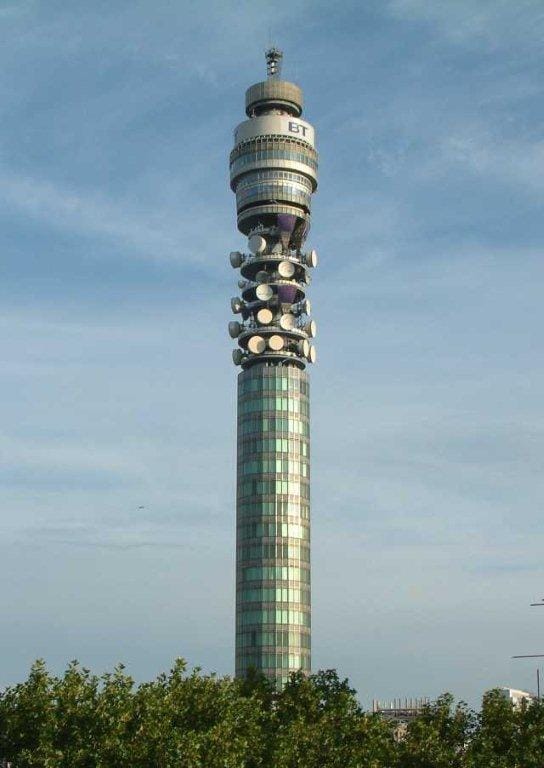True Caliphate promotes peace, not terror
Umar Nasser, Chair of IC Ahmadiyya Muslim Students Association, argues that extremists have masked the true meaning of Islam

This year, the true face of Islamic Caliphate has been obscured by the smoke rising from Iraq. Kindled by the horrific actions of militant extremist group ISIS, the conflict there has not only scorched the lands of Syria and Iraq, but has left in cinders the very principles on which the extremists claim to stand. True Caliphate is a spiritual leadership to promote peace, not political leadership to impose power. Understanding how and why extremists twist Islam to meet their own ends is vital in the ongoing fight against extremism.
A ‘Caliph’ is literally a ‘successor.’ When the Prophet Muhammad died, a system of Caliphate was established whereby successors were elected to act as a spiritual leaders of the Muslim community. This lasted around 30 years, after which internal divisions led to fractures within the Muslim community that still survive to this day. Regardless, everyone is agreed – anyone who claims to be an Islamic Caliph today is claiming to be a successor of the Prophet Muhammad. With that title comes certain conditions: conditions which the so-called Caliphate of ISIS certainly fail to meet.
Where to begin? Their compulsion in conversion directly violates numerous teachings of the Qur’an that instruct Muslims to only convey their message, and never force it onto anyone (2:256; 18:29; 10:99). Their aggressive territorial warfare is strictly condemned in the Qur’an, which only allows defensive warfare to safeguard the human rights of the innocent (22:39; 2:193). Their butchering of the innocent is anathema to Islam, which regards the murder of one innocent like the murder of all mankind (5:33). Their enslavement and treatment of women is the very inhumanity that Islam came to fix, declaring women to be spiritually equal to men, and codifying the rights that are naturally theirs (33:35; 39:6; 4:34; 2:228; 90:13). Much more can be said, but their list of atrocities is sadly unending, unlike this column.
To impartially study the life of the Prophet and his Successors is to know they were peaceful pioneers. The Prophet Muhammad allowed Christians to pray in his Mosque - something no-one’s expecting to happen in Iraq anytime soon. His second Successor, Omar, once declined the offer of Christians to pray in their Church, only out of fear that misguided followers would one day seek to annex it. The difference between ISIS and Islam’s early leaders is as stark as night and day.
As such, ISIS will no doubt die their own death, but not before causing more misery for the people of Iraq. Where to go from here then? In a recent Ahmadiyya Muslim Peace Symposium attended by dignitaries and MPs, Mirza Masroor Ahmad, the world’s most widely followed Caliph, asked Western powers to reflect on ISIS’s source of funding. Ahmad remarked, “it is quite obvious that they are receiving the help and support of certain powers. This could be direct support from very oil-rich states or it could be other major powers covertly providing assistance.” Radical ideology may be the spark, but it needs oxygen to keep on burning.
Unfortunately for us students, we can realistically do little to change the pertinent political dimensions. But we are by no means helpless; through educating ourselves about the reality of Islam and Caliphate we can collectively counter the pseudo-religious claims of extremists.
Rest assured: religion teaches that true spiritual leadership is that which takes us closer to our Creator. Those who spread disorder amongst His creation couldn’t have gotten it more wrong.
To learn more about this topic come to AMSA’s Islam & CaliphateTalk + Q&A on Monday 8th Dec, Huxley LT 311, 18:30-20:00. Visit truecaliphate.org for details, or email amsa@ic.ac.uk.








